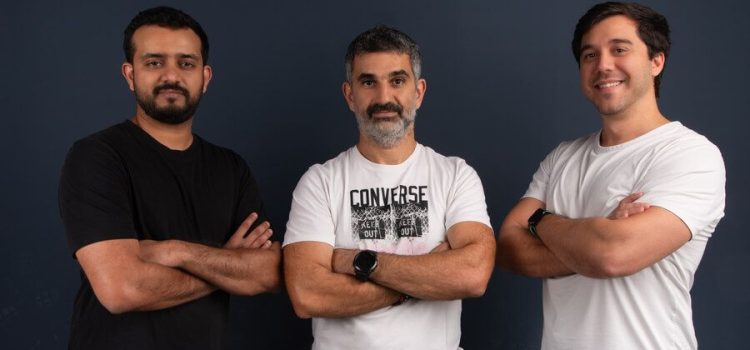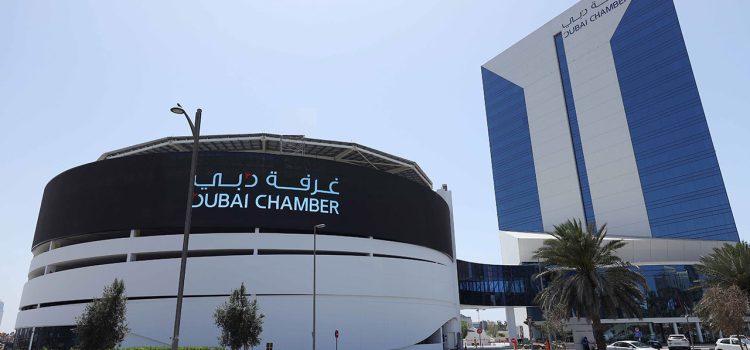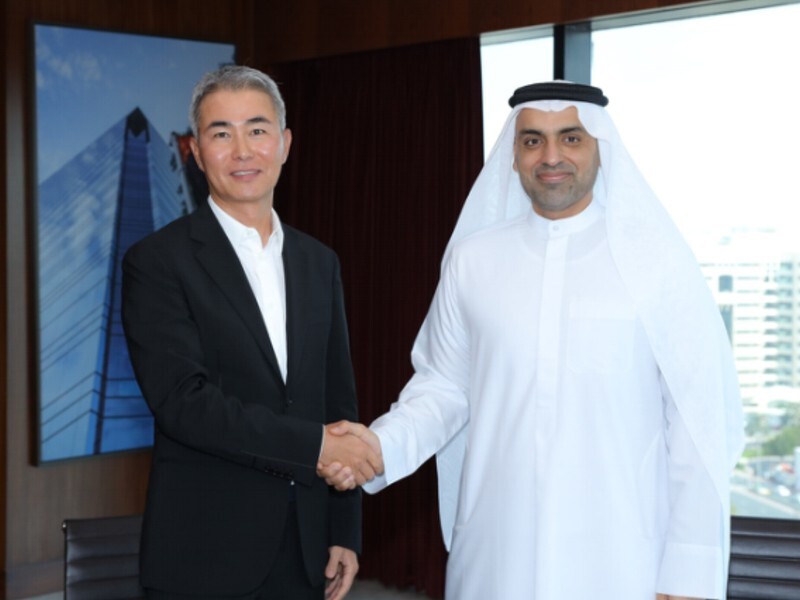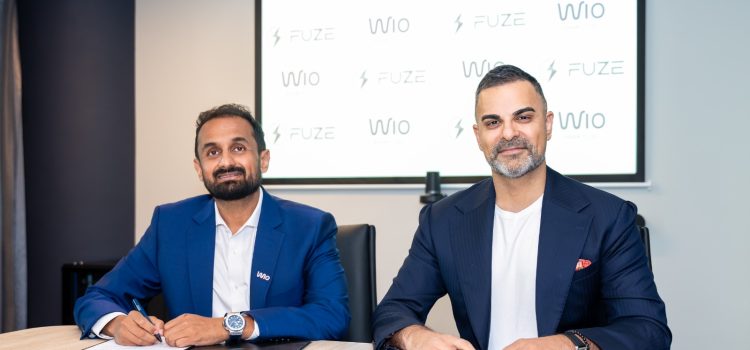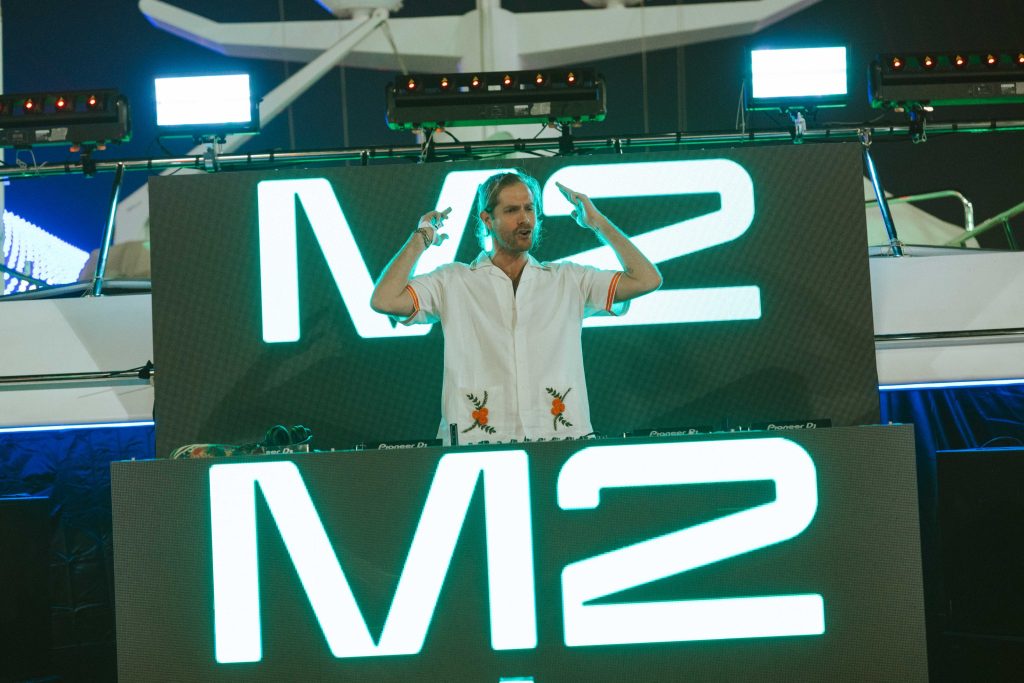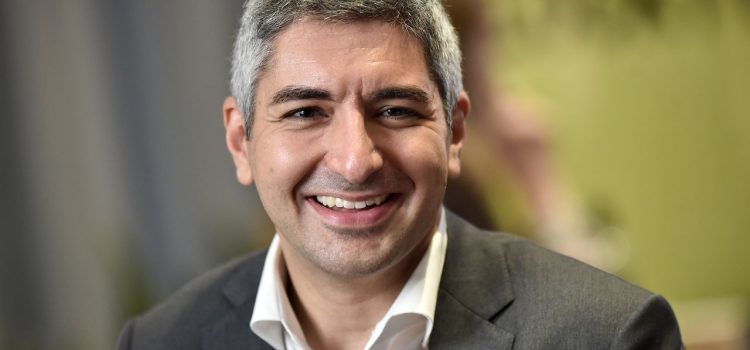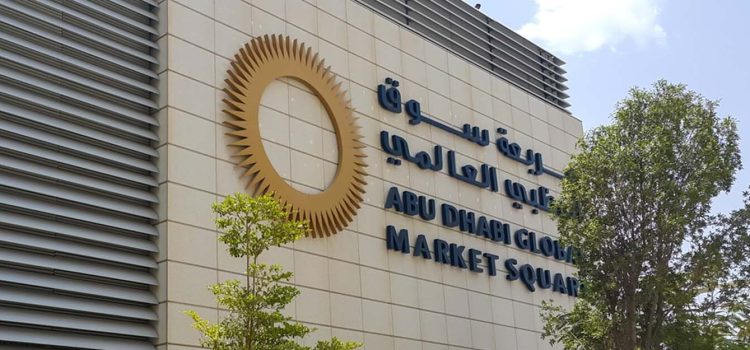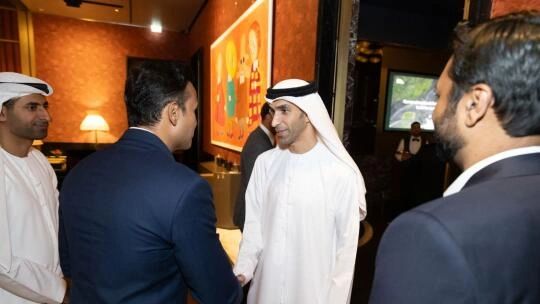
Blockchain Founders Fund, SpeedInvest, Daphni, 212, Unpopular Ventures, Endeavor Catalyst, and TLG have all invested in SME fintech lending startup, UAE Flow48. This also included angel investors such as Scott Sandell from NEA.
Enrique Martinez Hausmann, Principal at Speedinvest. Stated, “What Flow48 is bringing to the table is not just innovative; it’s essential for SME growth in the region’s economic landscape. As we look ahead, the potential for Flow48 to expand beyond Revenue Based Financing is very exciting. The team is on track to become a full-service fintech solution for SMEs and expand their offerings to insurance, payments, and other financial services.”
Founded by Idriss Al Rifai on the principle of addressing the challenges SMEs face in securing working capital financing, Flow48 has developed a state-of-the-art platform that stands out with its real-time functionality, integrating seamlessly with major ERP providers, payment gateways, and e-commerce platforms. By enriching its proprietary risk engine and leveraging arrays of data from several sources, Flow48 is able to offer a more precise and efficient credit assessment process, setting new standards in SME lending.
A unique aspect of Flow48’s model is its commitment to ESG principles, focusing on empowering underrepresented segments within the SME sector. Notably, the startup has prioritized funding SMEs owned by minorities and women, a significant step in fostering inclusivity and diversity in the business landscape. “We believe that if the gap in financing exists for everyone and every industry, the hurdle is even higher if you are a woman or from a minority background,” says Al Rifai. “What we offer can be vital for these small business owners. We are contributing to building a more equitable economic environment.
In line with its broader mission, Flow48 is engaging with SMEs that drive positive environmental impact. This includes not only a focus on green energy sectors but also supporting enterprises that integrate sustainable practices into their business models. Among its diverse client base, Flow48 proudly counts several women and minority migrant-led businesses.
With its eyes set on expansion, Flow48 is strategically venturing into South Africa, attracted by its robust SME lending market and advanced fintech ecosystem. This move aligns with the company’s commitment to data-driven, real-time lending solutions and its ambition to empower SMEs across emerging markets globally. Going into South Africa is not just geographical but a deliberate step to integrate into thriving fintech ecosystems.








